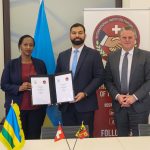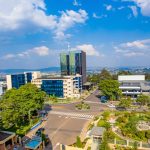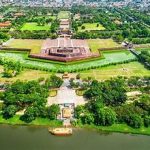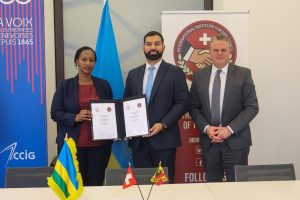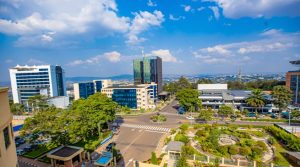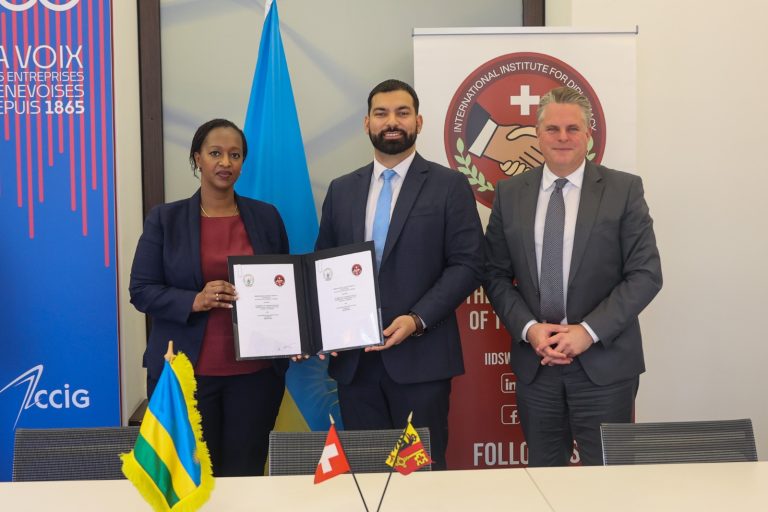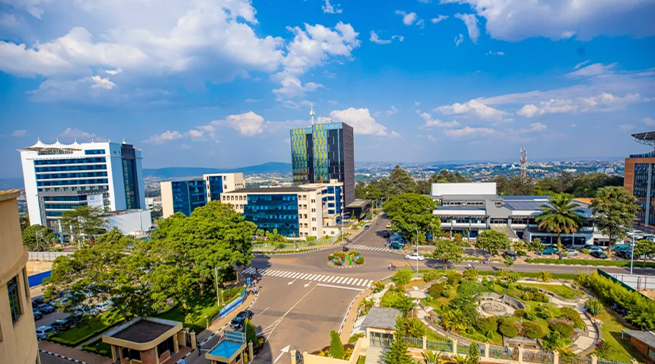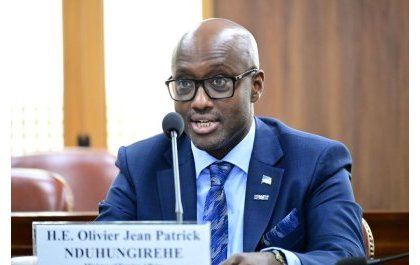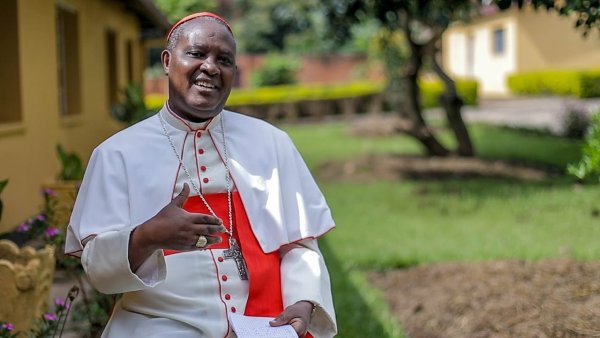Writen by Majaliwa S.
The Great Lakes region of Africa—comprising countries such as the Democratic Republic of Congo, Rwanda, Burundi, Uganda, Tanzania, and others—has been a hotspot of conflict and instability for decades. Despite numerous peace agreements, regional interventions, and international efforts, conflicts continue to plague the area, leading to devastating humanitarian crises, economic setbacks, and an ongoing cycle of violence. At the heart of these issues lies a troubling pattern: the failure of regional and national leaders to effectively address and resolve conflicts in a sustainable manner. Understanding the underlying causes of this persistent challenge is essential for crafting meaningful solutions and fostering lasting peace.
Historical Context of Conflict in the Great Lakes
The conflicts in the Great Lakes are deeply rooted in a complex web of historical grievances, ethnic tensions, resource competition, and political interests. The legacies of colonial borders, coupled with struggles over control of natural resources—such as minerales, forests, and water—have fueled tensions among various ethnic groups and nations. The aftermath of colonial rule left many countries with fragile institutions and weak governance structures, which exacerbated internal conflicts and made resolutions elusive.
Furthermore, regional conflicts have often been intertwined with international issues, including Cold War rivalries, external influence, and the proliferation of arms. These factors have created a volatile environment where peace remains elusive despite numerous diplomatic and military interventions.
The Role of Leadership and Political Will
A significant reason conflicts in the Great Lakes persist is the limited political will among some leaders to pursue genuine peace-building efforts. Many heads of state prioritize short-term political gains over long-term stability, often engaging in power struggles, delaying implementation of peace agreements, or obstructing reconciliation processes. When leadership lacks vision and commitment, peace talks tend to be superficial or incomplete, leading to recurrent outbreaks of violence.
In many cases, leaders are reluctant to implement reforms or reforms are stymied by internal opposition, ethnic tensions, and distrust among competing factions. This creates a challenging environment where peace remains fragile and reversible.
Challenges of Regional Cooperation
Regional organizations such as the East African Community, the African Union, and the International Conference on the Great Lakes Region have worked tirelessly to mediate conflicts and promote peace. However, their efforts often encounter limitations—such as inadequate enforcement mechanisms, lack of political backing from member states, or conflicting national interests.
Additionally, external actors sometimes complicate regional efforts by pursuing their own strategic interests or providing military and financial support to certain factions. Such interference undermines regional stability and hampers diplomatic solutions based on mutual understanding and cooperation.
Socioeconomic Factors and the Roots of Violence
Beyond political negotiations, many conflicts are driven by socioeconomic disparities, resource competition, land disputes, and unresolved historical grievances. Poverty, lack of education, and limited economic opportunities foster environments where violence and insecurity thrive. Leaders who neglect these root causes risk merely managing outbreaks of violence instead of addressing the foundational issues that perpetuate conflict.
Moreover, displacement and refugee crises resulting from ongoing conflicts create further vulnerabilities, destabilizing neighboring countries and complicating peace processes.
The Path Forward: Leadership, Development, and Regional Solidarity
Resolving conflicts in the Great Lakes requires a comprehensive and strategic approach that combines political commitment, regional cooperation, and socio-economic development. Leaders must recognize that peace is not a mere absence of violence but a regenerative process that involves dialogue, justice, and mutual respect.
- Genuine Political Will: Leaders need to prioritize peace, make difficult but necessary compromises, and uphold their commitments to peace agreements. This involves transparent governance, accountability, and active efforts to include marginalized communities in decision-making processes.
- Enhanced Regional Cooperation: Strengthening institutions like the East African Community and the African Union is vital, alongside establishing enforceable mechanisms for peacekeeping and ceasefires. Conflicts in the Great Lakes require a coordinated regional response that aligns diplomatic, military, and developmental strategies.
- Addressing Root Causes: Long-term peace can only be achieved by tackling socio-economic disparities, land issues, and resource management. Investment in education, infrastructure, and economic opportunities is crucial to reduce vulnerabilities and foster social cohesion.
- International Support: External actors should support regional efforts objectively, avoiding fueling conflicts through external interference or military backing of factions. International partnerships must be based on promoting sovereignty, peacebuilding, and sustainable development.
The ongoing conflicts in the Great Lakes region of Africa highlight a complex and deeply rooted challenge that tests the leadership and diplomatic capacity of both regional and national actors. The failures to date stem from insufficient political will, weak regional cooperation, and neglect of underlying socio-economic issues.
However, these challenges are not insurmountable. With renewed commitment, strategic diplomacy, and a focus on inclusive development, the region can break free from cycles of violence. The time for half-measures and superficial peace efforts has passed; what is needed now is decisive, collective action driven by genuine leadership.

